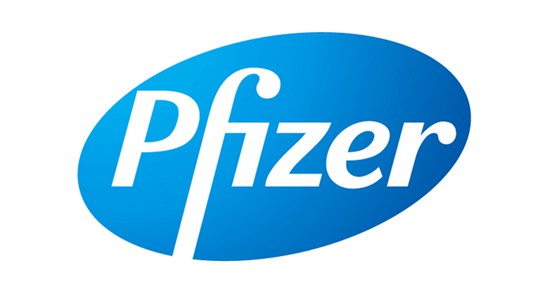
Pfizer has penned a global licensing and collaboration deal with cancer specialist Effector Therapeutics to develop small molecule eukaryotic initiation factor 4E (eIF4E) inhibitors.
Despite being highly oncogenic target which has garnered significant interest from the pharma industry, eIF4E has remained an evasive target for researchers.
It is crucial to the successful launch of protein manufacture and cancer proliferation, and has been linked to poor disease prognosis and resistance to certain therapies.
“We look forward to working with Effector with the goal of bringing a promising new therapy to patients with various treatment-refractory cancers,” said Jeff Settleman, senior vice president and chief scientific officer, oncology, worldwide research, development & medical, Pfizer.
The effector protein plays its part near the end of the protein manufacturing process, with researchers believing that by focusing on the end of the pathway problems created by earlier pathway mutations can also be resolved.
Under the terms of the agreement, Effector is set to received an upfront payment of $15m, with an additional potential to gain $492m in R&D funding, development and sales milestone payments.
It will also receive royalties on any sales of products that emerge from the collaboration, and also has the option to enter into a co-promotion and profit and loss share arrangement in the US.
Effector’s lead candidate – tomivosertib (eFT508) – is currently in phase 2 clinical trials for the treatment of a range of cancer types. This includes patients with any KRAS mutation, amplifications or fusions in HER2, ERBB3, FGFR1 or FGFR2 receptor tyrosine kinases.
It has already signed previous collaboration deals with Pfizer and Merck KGaA to study tomivosertib in combination with Bavencio (avelumab) and with Merck & Co to evaluate the candidate with blockbuster PD-1 inhibitor Keytruda (pembrolizumab).
“This collaboration underscores the importance of the emerging field of translation regulation as an exciting new therapeutic approach,” said Steve Worland, president and chief executive officer of Effector.
“Importantly, we believe that this agreement validates Effector’s pursuit of eIF4E, which has been a protein of interest for drug development for many years but has been very challenging to develop small molecules to target due to the nature of its binding site,” he added.




